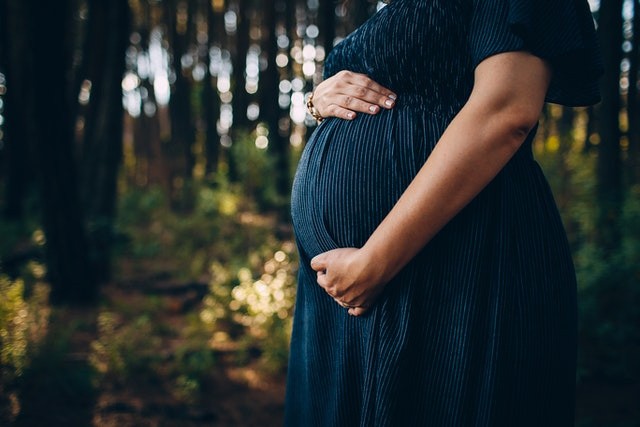Researchers of a new study recently found that the use of disinfectants during pregnancy may be a risk factor for certain conditions in children, such as eczema and asthma.
As specified in a EurkeAlert! report, disinfectants are often used in hospitals and other medical facilities, and the COVID-19 crisis has increased their use in medical backgrounds and also more extensively, including by the general populace.
Exposure to these chemical products in the workplace has been associated with asthma and dermatitis previously in the workers exposed, although few studies have looked at disinfectant use during pregnancy and the subsequent development of allergic disease in children.
The authors used data on more than 78,900 mother and child pairs who took part in the Japan Environment and Children's Study to investigate if the exposure of mothers to disinfectants in the workplace was linked to an increased risk of a diagnosis of allergic diseases in their children at age three years old.
ALSO READ : Study Offers Hints on the Reason Pregnancy May Raise Danger of Rejection of Organ Transplant

Chances of Children Having Asthma or Eczema
The chances of children having eczema or asthma were substantially higher if their mothers used disinfectants one to six times each week compared with the changes in children of mothers who had never used the said chemical products.
Results from the study published in the journal, Occupational & Environmental Medicine showed there was an exposure-reliant association between prenatal exposure to disinfectants and the odds of children who experience these allergic conditions, with the children of mothers who are exposed to disinfectants daily having the highest chances of diagnosis, 26 percent greater for asthma and 29 percent greater for eczema compared to children of mothers who never had exposure to disinfectants.
No substantial links were found between the use of disinfectants and food allergies. This is observational research, which includes the information on disinfectant use by mothers was self-reported with certain disinfectants not identified.
Diagnoses of allergic diseases in children were reported by mothers, as well. Nonetheless, the study authors concluded, their findings specified that exposure to chemical products during pregnancy exerts an impact on allergies in offspring regardless of whether the mother goes back to work when the child is one year old, and proposed an impact by exposure during pregnancy alone.
Prenatal Disinfectant Exposure
The study investigators also said that given the present increased use of the products to prevent new COVID-19 infections, it is of great public health importance to consider if prenatal disinfectant exposure is a risk of the development of allergic diseases.
Numerous mechanisms that could explain the increased risk of allergic disease in children after exposure of their mothers to disinfectants during pregnancy were suggested in the study.
#Disinfectant use during #pregnancy linked to childhood asthma and eczema https://t.co/B2CFm03bMM
— Medical Xpress (@medical_xpress) March 28, 2022
As specified in a similar Medical Xpress report, the researchers included a microbiome-mediated in which disinfectants affect the cut and skin microflora of the mother and subsequent the child, immune-mediated in which exposure to some chemical compounds during pregnancy affects the immune response in the fetus, postnatal exposure in which children breathed in or touched molecules of disinfectant on their mothers' skin, or bias in which mothers using medical disinfectants often is possible to be more medically knowledgeable and have better access to healthcare.
Related information about the safety of disinfectants and canned foods during pregnancy is shown on Dr. Dalvie's YouTube video below:
RELATED ARTICLE : Mystery Chemicals Discovered in Pregnant Women and Their Infants Which May Come from Consumer Goods
Check out more news and information on Pregnancy in Science Times.
© 2026 ScienceTimes.com All rights reserved. Do not reproduce without permission. The window to the world of Science Times.












